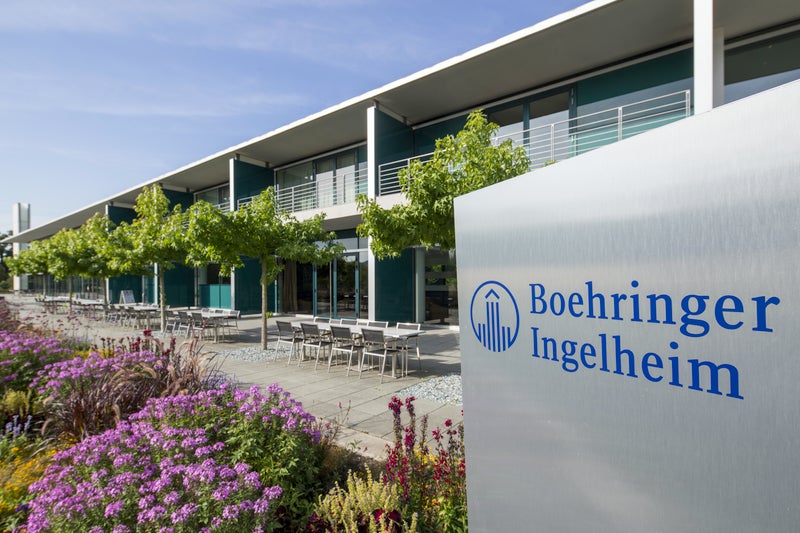
Boehringer Ingelheim has plans to commence the Phase III part of its Phase II/III TRISTARDS clinical trial of alteplase to treat Covid-19 patients suffering from acute respiratory distress syndromehttps://www.globaldata.com/store/report/acute-respiratory-distress-syndrome-drugs-in-development-analysis/?utm_source=non-lgp&utm_medium=22-139991&utm_campaign=thematic-report-hyperlink&CampaignValue=701Ti00000PWdEQIA1 (ARDS).
The announcement comes after the drug showed favourable safety and efficacy profile in an interim analysis of the trial, in which the exploratory open-label Phase IIb part with 62 participants is complete.

Discover B2B Marketing That Performs
Combine business intelligence and editorial excellence to reach engaged professionals across 36 leading media platforms.
During the Phase IIb part, the efficacy and safety of two intravenous alteplase dosing regimens administered over up to five days along with the standard of care (SOC) were compared to SOC alone.
Based on the Phase II data, the company decided to direct its Covid-19 therapy research on developing an alteplase.
The plan is to begin the Phase III part of TRISTARDS in the fourth quarter of this year to validate and additionally evaluate the drug’s effects in Covid-19-related ARDS patients.
Boehringer also intends to start preparations for potential applications to seek regulatory approval.

US Tariffs are shifting - will you react or anticipate?
Don’t let policy changes catch you off guard. Stay proactive with real-time data and expert analysis.
By GlobalDataBoehringer Ingelheim board of managing directors member Michel Pairet said: “If the Phase III part of TRISTARDS confirms the favourable interim results from the Phase II, alteplase could have the potential to become a new therapy option for the most severely affected Covid-19 patients.”
Alteplase is said to be the first licensed treatment to dissolve blood clots for acute ischemic stroke treatment.
The drug can also be used to treat acute myocardial infarction, acute massive pulmonary embolism and catheter clearance associated with thrombotic occlusion.
Boehringer launched the TRISTARDS trial after investigator-initiated studies indicated the drug’s potential for treating Covid-19 ARDS in patients who are severely ill.
Apart from focusing on alteplase for Covid-19, the company has decided to discontinue the development programme of BI 767551 SARS-CoV-2 neutralising antibody.
The decision is based on evolving SARS-CoV-2 landscape, including the success of vaccines, existing neutralising antibody programmes and emerging variants.
The programme of Boehringer’s neutralising antibody included trials analysing the delivery through inhalation, which the company expects to be a feasible route of administration for quick activity onset.





